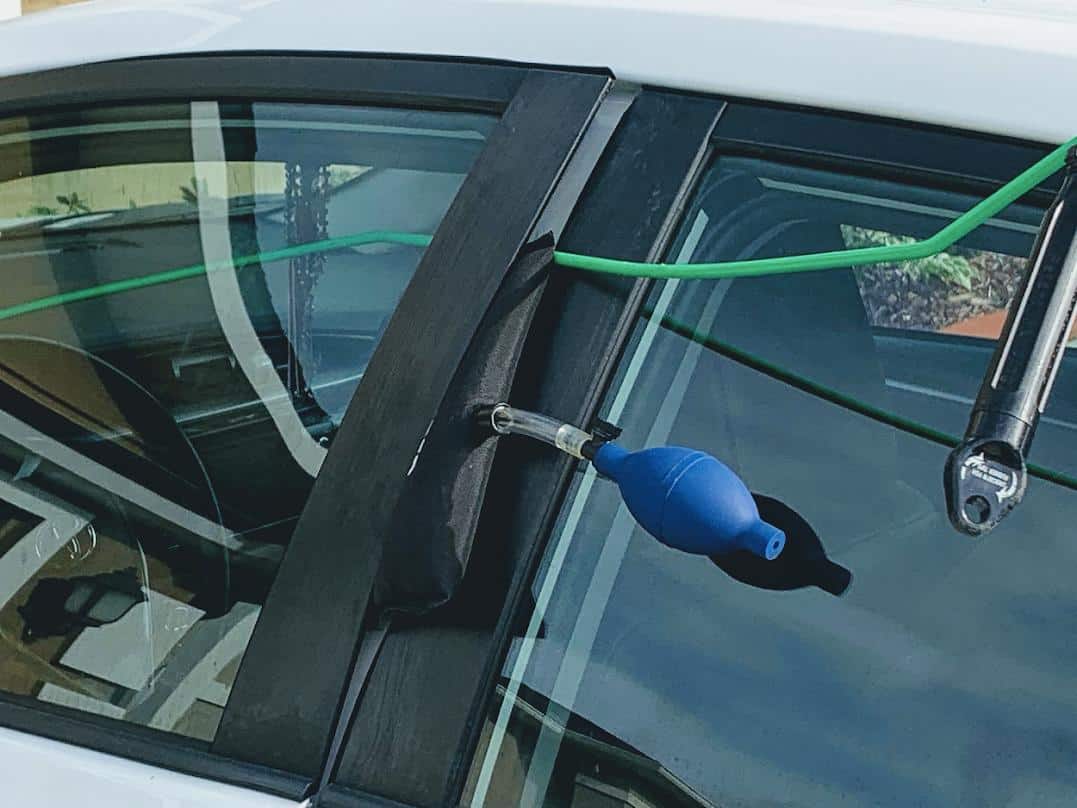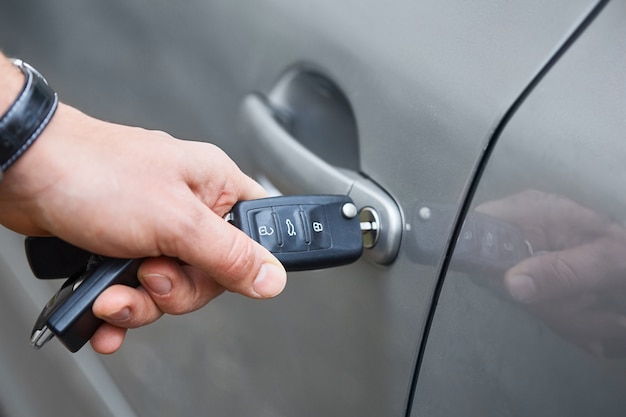In today’s fast-paced world, ensuring the safety of our vehicles is a priority for many car owners. The difference between manual and electronic car locks has become a topic of interest as technology advances rapidly. Understanding the nuances between these two types of car locks is essential for making informed decisions about your vehicle’s security.

Introduction to Car Locks
Car locks are fundamental components of any vehicle, designed to keep your car secure and protect it from unauthorized access. Over the years, car lock technology has evolved significantly, transitioning from traditional manual locks to advanced electronic locks. This evolution has brought about a myriad of options for car owners, each with its own set of advantages and disadvantages.
What are Manual Car Locks?
Manual car locks have been around since the inception of automobiles. These locks require physical key insertion to unlock or lock the vehicle. While they might seem outdated in today’s tech-driven world, they still offer a level of simplicity and reliability that many car owners appreciate.
Advantages of Manual Car Locks
- Simplicity: Manual locks are straightforward to use, providing a tactile experience that many find reassuring.
- Reliability: With fewer electronic components, manual locks are less prone to technical failures.
- Cost-Effective: Generally, manual locks are cheaper to install and repair.
Disadvantages of Manual Car Locks
- Convenience: Manual locks require you to physically lock and unlock each door, which can be time-consuming.
- Security: They are easier to pick compared to electronic locks, making them less secure.
What are Electronic Car Locks?
Electronic car locks have become increasingly popular due to their convenience and advanced security features. These locks typically use a remote control or a key fob to unlock and lock the vehicle, often integrating with the car’s central locking system.
Advantages of Electronic Car Locks
- Convenience: Electronic locks allow for remote locking and unlocking, often with the push of a button.
- Security: They offer enhanced security features, such as encryption and alarms, making unauthorized access more difficult.
- Integration: Many electronic locks integrate with other car systems, such as alarms and GPS, providing a comprehensive security solution.
Disadvantages of Electronic Car Locks
- Technical Failures: Electronic components can malfunction, leading to lockouts or security vulnerabilities.
- Cost: Installation and repairs can be more expensive compared to manual locks.
Comparing Manual and Electronic Car Locks
When comparing manual and electronic car locks, several factors come into play, such as convenience, security, cost, and reliability. While manual locks offer simplicity and cost-effectiveness, electronic locks provide advanced security features and convenience. The choice between the two depends on personal preference and budget.
Security Features
Electronic locks generally provide better security due to features such as encryption and integration with alarm systems. However, manual locks have fewer electronic components, which means fewer technical vulnerabilities.
Cost Considerations
Manual locks are typically cheaper to install and maintain. On the other hand, electronic locks, while more expensive, offer additional features that might justify the higher cost for some car owners.
Technological Advancements in Car Locks
The automotive industry is continually innovating, and car lock technology is no exception. From smart locks that prevent lockouts to biometric systems, the future of car locks promises even more security and convenience.
Smart Locks
Smart locks use wireless technology to communicate with your smartphone, providing remote access and notifications. These locks can be a great solution for those who want to take their car’s security to the next level.
Biometric Systems
Biometric systems use fingerprint or facial recognition to unlock your vehicle, offering a personalized and secure approach to car security.
Practical Tips for Car Lock Maintenance
Regardless of the type of lock your car uses, regular maintenance can help ensure its longevity and reliability. Simple practices, such as cleaning the lock mechanism and checking for wear and tear, can prevent potential issues down the line.
Cleaning and Lubrication
Keeping the lock mechanism clean and lubricated can prevent jamming and ensure smooth operation. This is particularly important for manual locks that are exposed to the elements.
Regular Inspections
Periodic inspections by a professional can help identify potential issues before they become major problems. This is especially important for electronic locks, which may require software updates or component replacements.
Conclusion: Choosing the Right Car Lock for You
Choosing between manual and electronic car locks ultimately depends on your specific needs and preferences. While manual locks offer simplicity and reliability, electronic locks provide advanced security and convenience. Consider your budget, lifestyle, and security requirements when making your decision.

FAQs
1. Can I upgrade my manual locks to electronic locks?
Yes, it is possible to upgrade manual locks to electronic locks, but it may require professional installation and additional components.
2. Are electronic car locks secure?
Electronic car locks are generally more secure than manual locks due to advanced security features such as encryption and integration with alarm systems.
3. What happens if my electronic lock malfunctions?
If your electronic lock malfunctions, it is recommended to consult with a professional locksmith to diagnose and fix the issue.
For more information on car locks and security, visit Progressive’s guide on car security.
This article contains affiliate links. We may earn a commission at no extra cost to you.





